In order to be convicted of HS 11357 California’s “personal possession of marijuana” law, the prosecutor must prove that:
- you possessed marijuana,

- you knew that you possessed marijuana,
- you knew it was a drug, and
- you possessed enough marijuana that it could be used as a drug.
What are the penalties?
As of January 1, 2011, possessing less than one ounce or 28.5 grams of marijuana (other than concentrated cannabis) is an infraction, punishable by a maximum fine of $100.
However, if you are over 18 and possess less than one ounce of marijuana (other than concentrated cannabis) on school grounds while the school is open for classes or school-related activities, you face a misdemeanor punishable by up to ten days in a county jail and a maximum $500 fine.
And if you are under 18 and are convicted under these same circumstances, you face a maximum fine of $250 for a first offense. A second offense is punishable by up to $500 and a maximum ten-day commitment to a juvenile detention facility.
If you are convicted of possessing more than one ounce of marijuana (other than concentrated cannabis) you face a maximum of six months in the county jail and a maximum fine of $500.
Possessing any amount of concentrated cannabis (any amount that is still consistent with a personal possession charge and not a sales charge) is an offense that the prosecutor may file as either a misdemeanor or a felony, depending on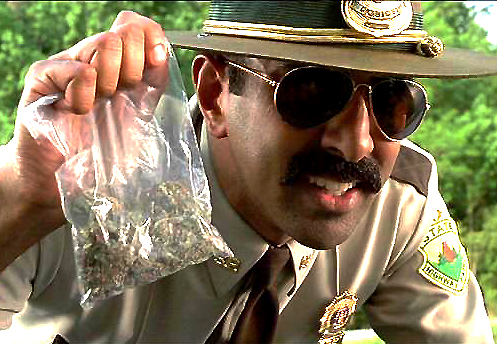
- the specific facts of your case, and
- your criminal history.
A conviction for this offense as a misdemeanor subjects you to a maximum $500 fine and up to one year in a county jail. A conviction for this offense as a felony subjects you to 16 months, or two or three years in the California state prison.
Additional penalties?
If you are under 21 but over 13 and are convicted of any of the offenses outlined above, your driver’s license or privilege to obtain a driver’s license will be suspended for one year. This penalty will be imposed for each conviction under this law or any other drug-related law.
If, however, you are not convicted of any further drug or alcohol-related offenses within a 12-month period following your initial conviction, the court has the discretion to override the suspension.
What about medical marijuana?
Health and Safety Code 11362.5 California’s Compassionate Use Act authorizes the use of medical marijuana. If you possess marijuana because you have personal medical needs or are the primary caregiver of a patient with a medical need and possess the drugs exclusively for that patient, and a doctor recommended or approved marijuana to help treat the condition, you are not guilty of a crime.
However, in order for a medical marijuana defense to apply, you must only possess an amount of marijuana that is reasonably related to the patient’s medical needs.
If you have been charged with possession of marijuana, you need an experienced attorney to fight to have this charged reduced or dismissed. William Daley is an experienced criminal defense and San Diego DUI lawyer with over thirty years of experience defending his clients and getting their charges reduced or dismissed. Call THE LAW OFFICE OF WILLIAM DALEY at (619) 238-1905 to set up a free 30 minute consultation today!
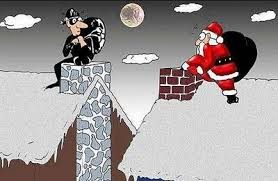


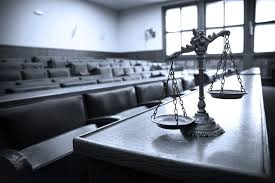

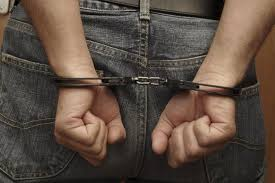
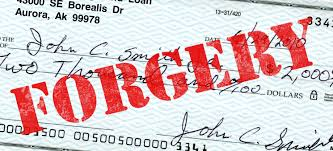

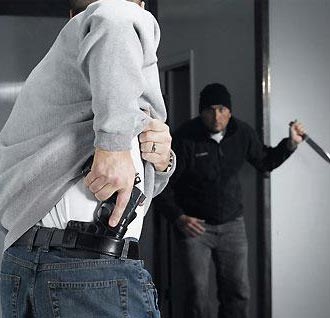


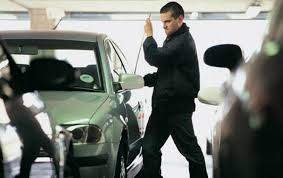 California Penal Code 215 PC states in part that:
California Penal Code 215 PC states in part that: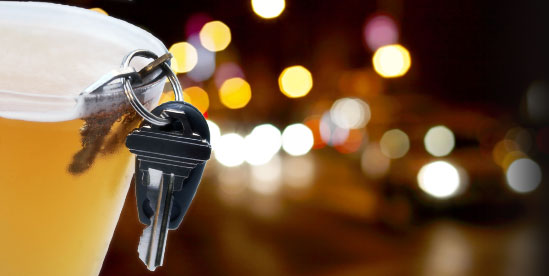 A wet-reckless is a charge that is only offered as a plea bargained settlement in place of a DUI (under Vehicle Code 23103 per 23103.5 VC).
A wet-reckless is a charge that is only offered as a plea bargained settlement in place of a DUI (under Vehicle Code 23103 per 23103.5 VC).